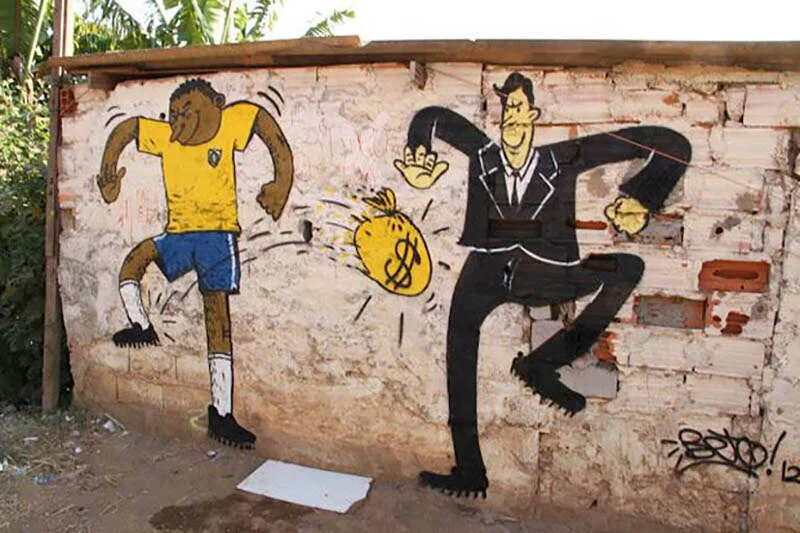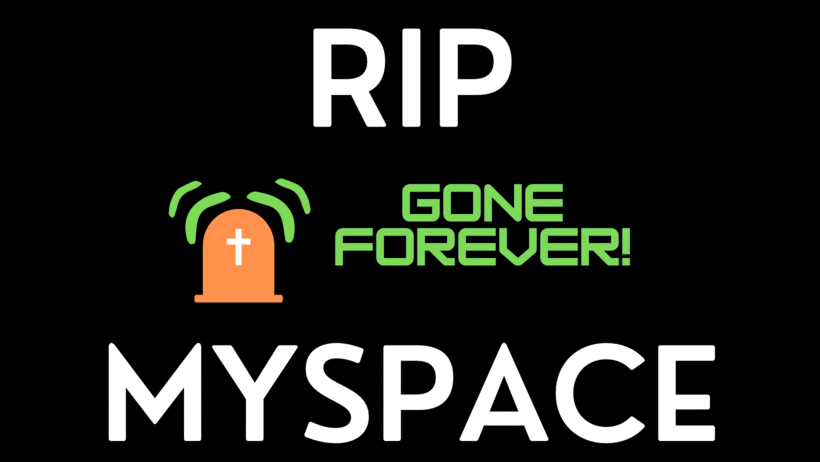Can this tech unicorn become a necessity for independent creators? Or will Clubhouse profit off of artists without helping them?
Read MoreA huge chunk of K-pop disappeared from Spotify due to a licensing dispute between the streaming platform and the Korean tech giant, Kakao. Spotify won.
Read MoreThe popularity of rock music in the 1980s Soviet Union stoked the emergence of Russian rock as a counterculture against the Soviet government and created a generation of rebels amidst the collapse of the USSR.
Read MoreThe Muslims took one one of the most beloved pop punk anthems of the late ‘90s and put their own political, punk rock spin on it.
Read More‘C’est la vie’ in song form, ‘90s hit “Bitter Sweet Symphony” carries a legacy as complicated as its sentiments.
Read MoreIn 1973, Nobuko Miyamoto, alongside Chris Iijima and Charlie Chin, released the first Asian American album, dedicated to showcasing their perspectives of prominent social issues of their time. Several decades later, she has lived up to the precedent she helped set by releasing a fearless album devoted to highlighting just how little the U.S. has changed since then.
Read MoreDuring preparations for the 2014 World Cup in São Paulo, Brazilians faced a harsh reality: their leaders’ loyalty to their country’s beloved sport overshadowed the needs of their own citizens.
Read MoreBefore Gen Z was even old enough to use social media, Millenials were coding their favorite songs onto their MySpace profiles. But all evidence of MySpace Music has vanished without a trace.
Read MoreIn 1983, the obscure, Berlin-based band, Nena, unexpectedly broke through the decade's mold of big hair and brick-sized phones with its hit anti-war single, "99 Luftballons."
Read MoreAt a time when upbeat pop dominated the airwaves and rap was on its way to ruling the mainstream, Gotye’s “Somebody That I Used to Know” rode the coattails of numerous covers and an indie pop boom to become one of 2012’s unexpected hits.
Read MoreWritten 81 years ago, “Strange Fruit”’s constant reemergence reflects the continued racism and violence against Black individuals.
Read MoreThe biggest band to ever come out of the island nation of Sri Lanka, The Gypsies addresses its beloved country’s major social and governmental issues on the laid back song, “I Don’t Know Why.” The group’s hit single has broken international borders, showing people from all over the world what it’s like to be Sri Lankan.
Read MoreFrom shutting down the New York Stock Exchange to playing at multiple American political party National Conventions, Rage Against the Machine has performed protest music since its 1992 debut.
Read MoreIf YouTube album reviews à la The Needle Drop marked a new age of music criticism in the 2000s, then music reaction videos are this decade’s next frontier.
Read MoreWhile originally catered to the white psychonaut, much of psychedelia’s lasting influence on music was built upon a history of Black creativity and influence.
Read MoreThroughout pockets of America exists a perception — subconscious or otherwise — that simply being Black is a crime. In his thought-provoking 2017 single “Neighbors,” rapper J. Cole articulates how racial injustice infects every level of society, making it truly skin deep.
Read MoreFor centuries, our planet has been crying for help. When will we listen to it?
Read MoreAs much as rap fans may hate to hear it, their favorite artist’s most effective tool to build hype around a new release is to delay it.
Read More

















